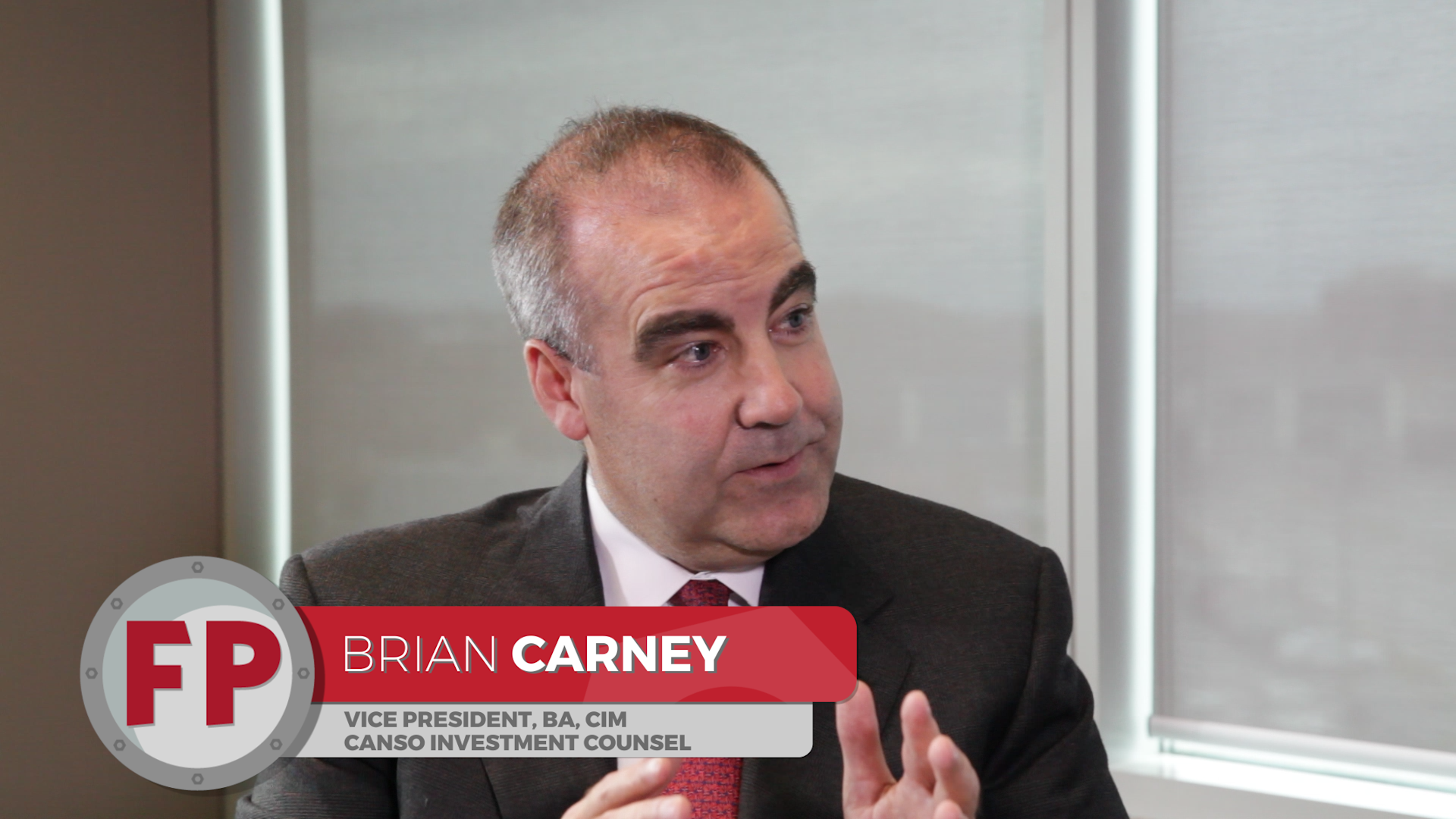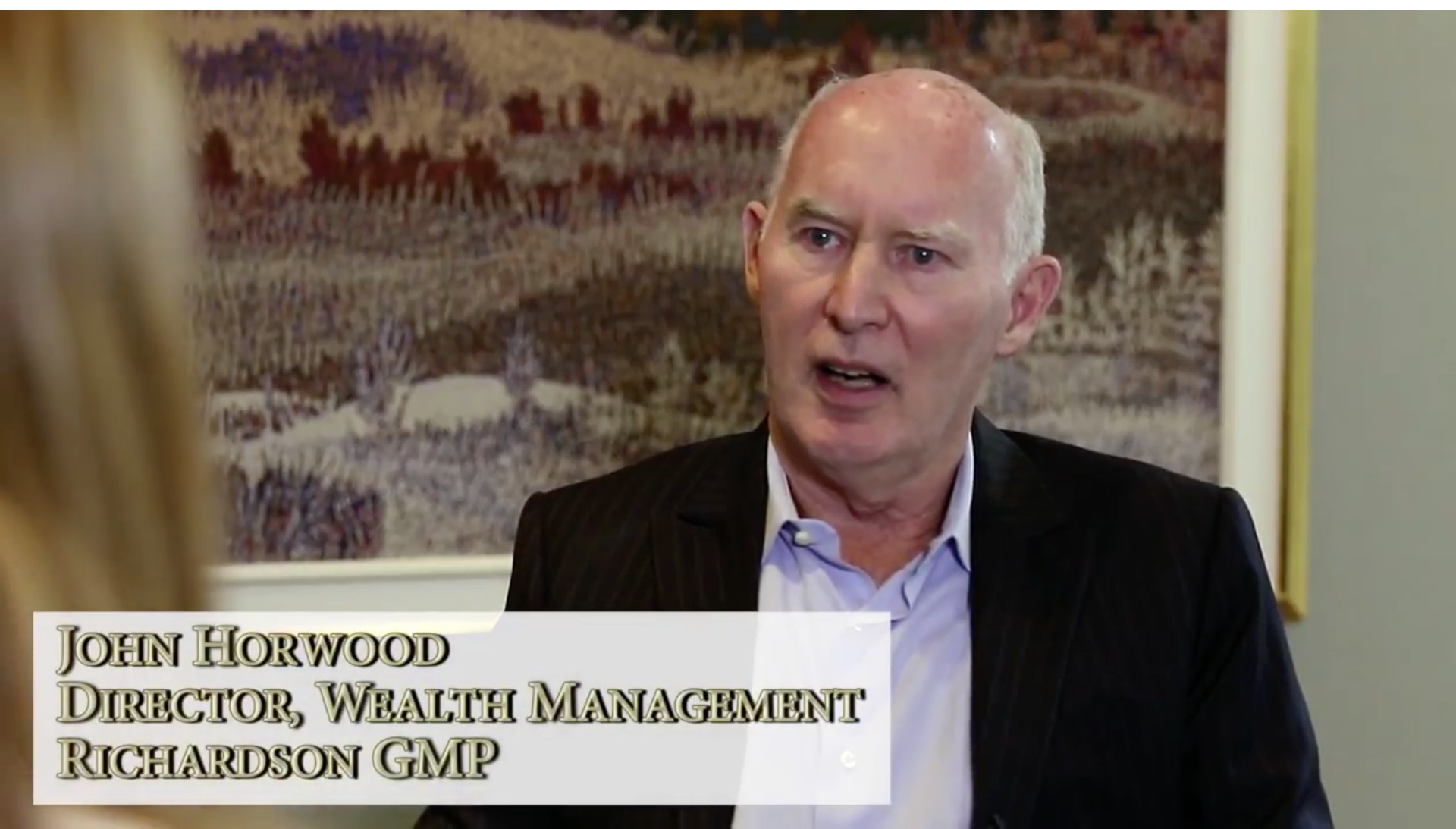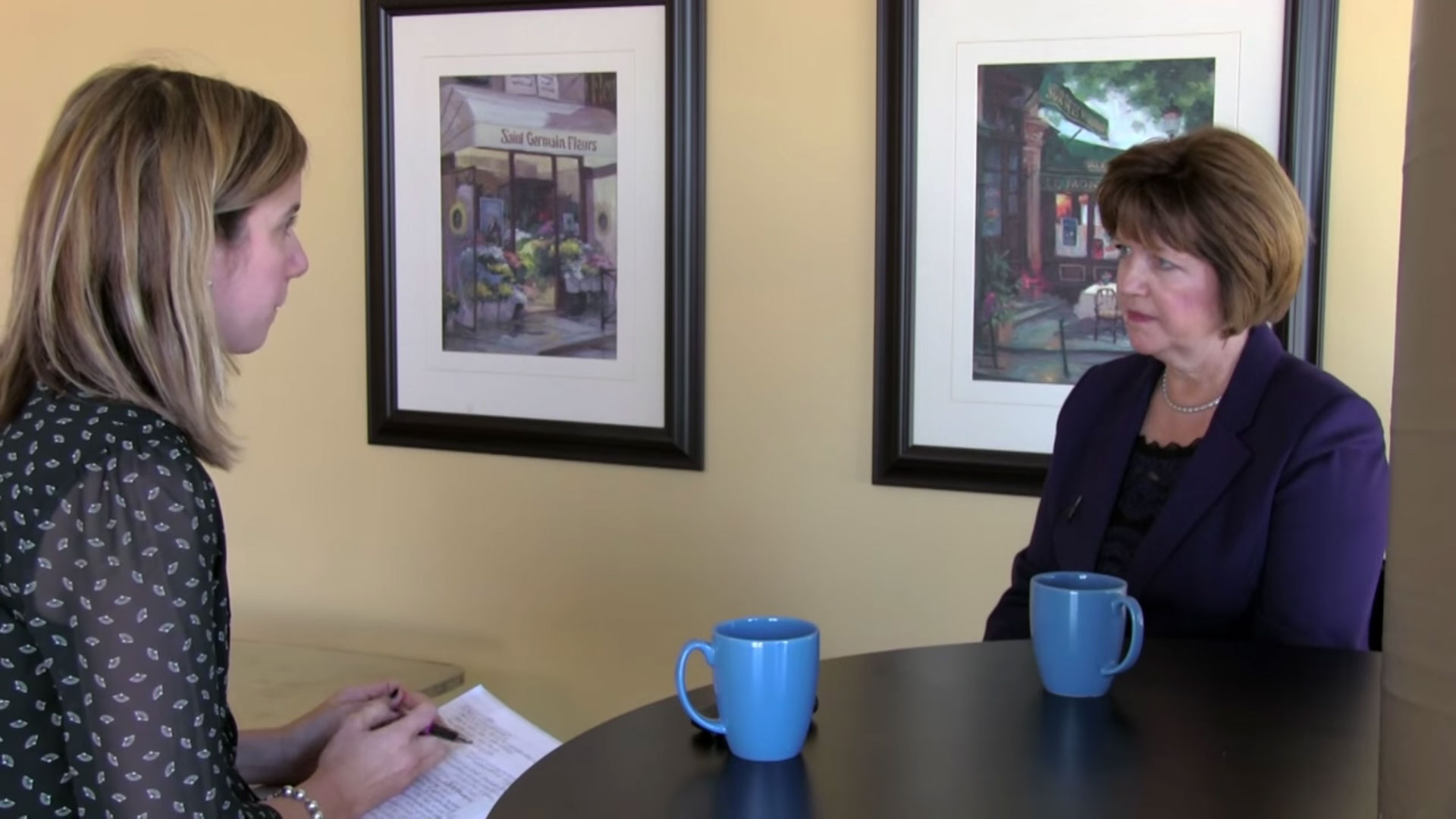The happy times of cheap money are drawing to a close as the U.S. Federal Reserve finds it increasingly difficult to justify keeping its key rate near zero. Canadian consumers and companies will also likely find that borrowing is more expensive. Brian Carney, vice president at Canso Investment Counsel, told Financial Pipeline co-editor Malcolm Morrison that companies are likely better prepared for this eventuality than the average consumer who thinks that cheap money has always been available and always will be.
BC: There is a normal amount of issuance that needs to be done as bonds mature, they need to be refinanced.
MM: The rollover…
BC: The rollover effect. There’s also merger and acquisition activities spawns the need for financings in the bond market. So undoubtedly, if interest rates go higher and credit spreads risk premium react and go wider. Combine those two things together, then Canadian corporations will have to pay more for money. That being said, we’re starting from a fairly low base because interest rates have been so low and credit spreads, up until recently, have been fairly tight, Canadian corporates have really been the beneficiary of a very, very attractive borrowing environment. No doubt, as rates move wider, if credit spreads move wider, they’re going to have to pay more and they’re going to have to factor that in. The fortunate thing for them is they’re starting from a pretty low base. So that’s Canadian corporates. I would say the Canadian individual is probably less prepared for rising interest rates and to the extent, fixed rate mortgages are calibrated off five year government of Canada bonds and those are moving higher, then ultimately mortgage rates will go higher.






